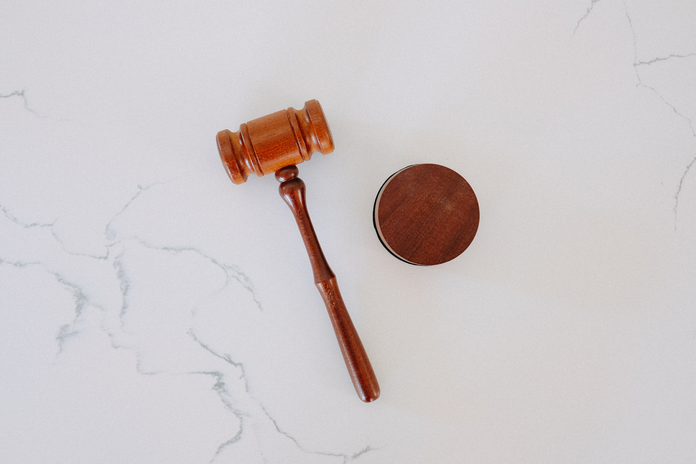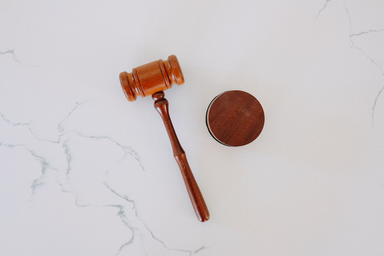When we think of upcoming elections, we think about the people working towards them. We think about the candidates and campaign managers, we think of the volunteers and the Political Action Committees—some of us think about the dark, smokey boardrooms of the mysterious billionaires who sink absurd amounts of money into their favored candidates.
In many cases and for various reasons, we usually do not have to think about a certain aspect of all of the rush and frenzy that is a major election: the decisions happening in the courtrooms. That has not been the reality of this particular election.
Democracy Docket is a progressive organization created by Marc Elias, the leading lawyer for voter advocacy and voting rights in the United States. Elias fights to detect and combat laws that are suppressive towards voting and takes the battles to the courthouses across the country. The Democracy Docket was created as a response to the ruling in Shelby County v. Holder (2012), which effectively took the teeth out of the Voting Rights Act of 1965 and paved a pathway towards further voter suppression and disenfranchisement.
We already know that due to the Coronavirus and the necessity of mail-in votes, the election will almost definitely not be decided on the night of November 3rd. Due to the demographics of who we expect to vote by mail, we can also expect Trump to claim victory before every vote is even counted, especially in key swing states like Florida and Pennsylvania. This is a very dangerous thought—and the impending nightmare of many Democrats. Trump’s repeated attacks on the mail-in voting systems, which predate the COVID-19 pandemic but were certainly exacerbated by it, have also created false narratives surrounding election fraud.
Elias and his teams are working on 29 cases in 16 different states—and as I write this on Sunday, Sept. 27th, the election is only 37 days away.
The primary goal for legal advocates this election cycle is to ensure as few flaws and loopholes in the mail-in ballot system as possible. To this effect, a majority of the courtroom battles across the country focus on what Elias calls the “four pillars” of protecting voting by mail:
- Ensuring that postage is free or prepaid by the government
- Making sure ballots postmarked before or on Election Day must be counted
- Reform of signature matching laws
- Allowing community organizations to help collect and deliver sealed ballots

On August 19th, a suit that would ensure the removal of ineligible candidates from the November ballot was upheld in a Texas court, bringing us one step closer to a fairer election. In Florida, Georgia, and Iowa, Elias and his team have successfully sued to reform signature matching laws. In Arizona, a suit over a law that criminalized ballot collection was similarly successful, as the court found that it was passed to disenfranchise minority voters. These are important victories, but the ongoing battles in other courts across the nation show that there is still much to do before Election Day on November 3rd, 2020.
As this election looms, we have to pay attention: the courtside battles being fought by lawyers and voting rights groups across this country could end up being the difference between a descent into fascism, or the renewal of democracy. As you cast your ballot in the coming weeks, remember the laws that allow you to exercise your ultimate right as a citizen of this country—but also remember that not everyone is afforded the protection of those laws equally.


